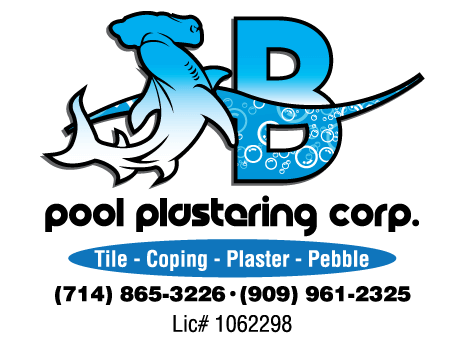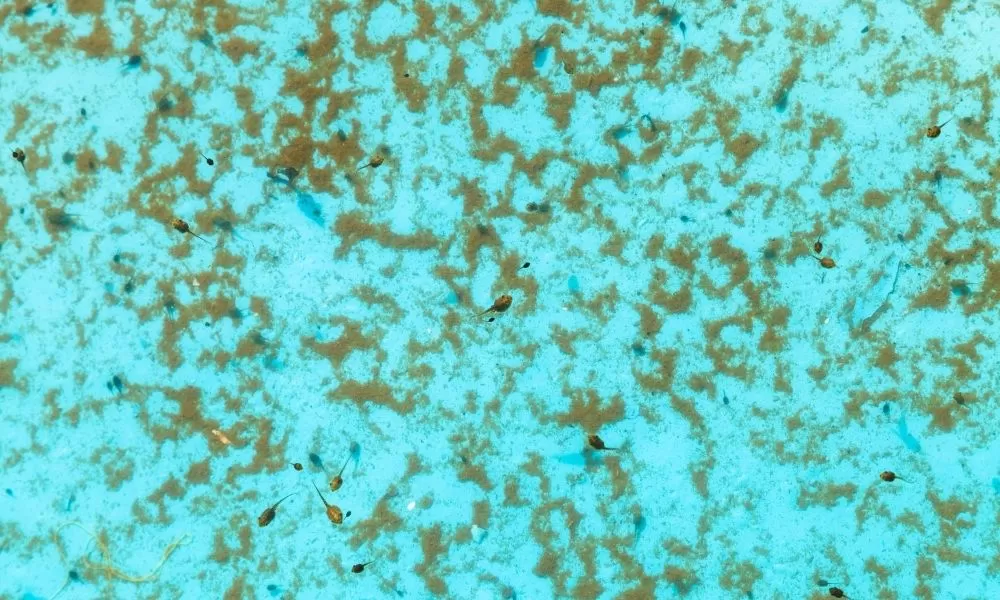
Follow These Steps on How to Remove Algae from Pool Walls
Algae growth transforms an inviting swimming pool into a vast, disturbing green tint. While algae expand continuously, not knowing how to remove algae from pool walls indicates poor maintenance around the house.
It is essential to take care of your pool to keep the spores under control to help prevent a full-blown algae bloom. Maintain constant pool testing and tackle problems as soon as they develop to minimize algae growth and keep the water clean.
Types of Algae Stain Your Pool Might Develop
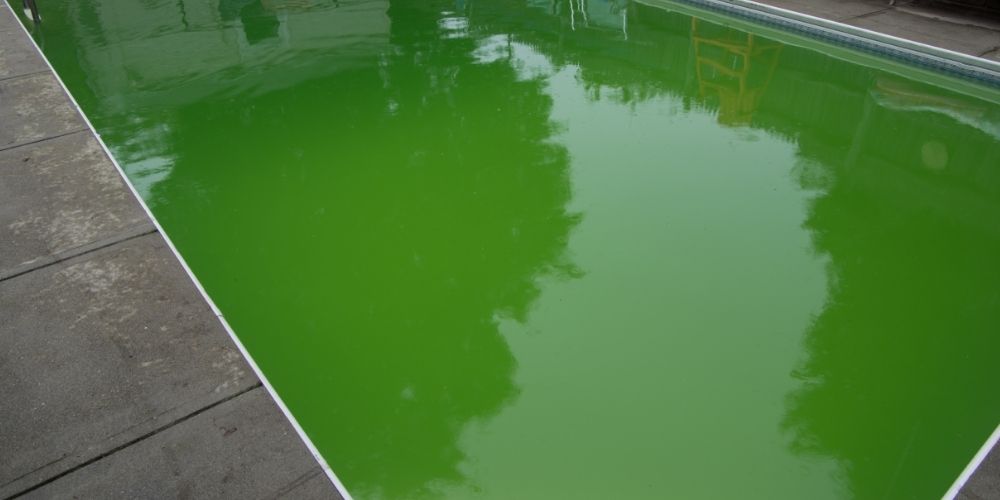
Algae growth is perhaps the most obvious sign of something gone wrong with pool maintenance. Proper maintenance will not only keep your water looking great, but it will also allow for easy prevention of algae growth.
When preventative measures aren’t enough, you’ll need to remove the algae to get back to enjoying your swimming pool.
Knowing the alga types your pool might develop will help you establish the proper method to remove it. Most algae tend to range between green, mustard, and black varieties. You can find these stains throughout the water.
Mustard or yellow algae are easy to remove since it’s loose to the pool walls, and you brush off easily.
On the other hand, the green algae will be visible throughout the water itself and will turn the water into different shades of green depending on the infestation.
Finally, black algae are the common name or term given to the dark blue-green algae growing on pool surfaces and grows in specific areas like the wall, corner, or steps. These dark spots on the water usually indicate inadequate sanitization.
Cause of Pool Green Stains
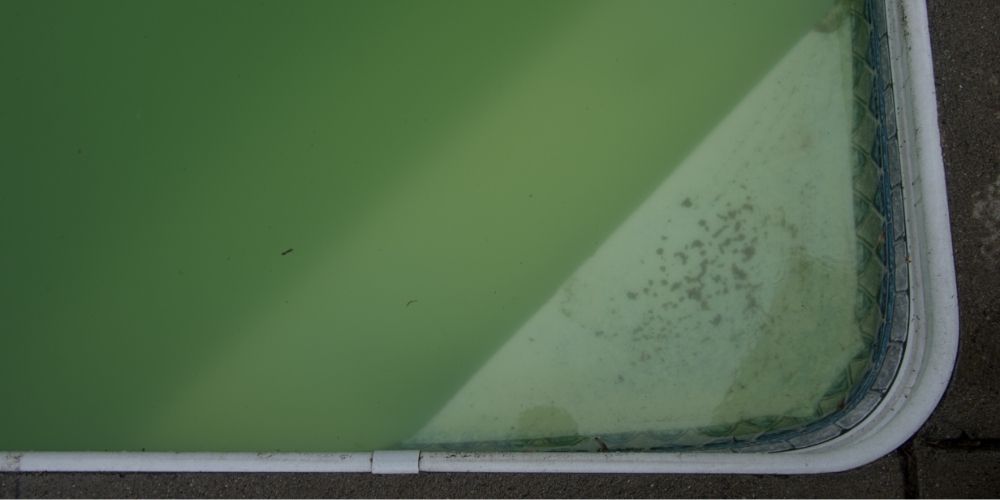
Having a stained pool is quite embarrassing for some pool owners, leading to interrupting the whole backyard experience. Hard-to-remove pool spots and stains can take a bit more than just brushing. You need some powerful methods to treat and prevent pool stains.
For this reason, before you start anything, you must identify the leading causes and scenarios of algae on your pool.
Once you’ve got a good idea of what caused the staining in your pool, you’ll need to test your theory and confirm the source of the problem.
These are the main reasons why algae might grow in your pools:
- Poor or low water circulation
- Not enough water sanitation and inconsistent chlorine levels
- Poor water filtration due to ineffective pool filters
- Low water balance, including pH, calcium, and cyanuric levels
If you suspect an organic stain, try applying a small amount of chlorine directly to it. If it’s truly organic, it should go away quickly.
Chlorine has little to no effect on metals. That’s why some pool accessories, such as ladders, are made of metal. If you suspect a metal stain, apply some ascorbic acid—vitamin C—powder to the spot. If the powder removes or at least lightens the stain, it could be from a metal source.
4 Steps on How to Remove Algae from Pool Walls
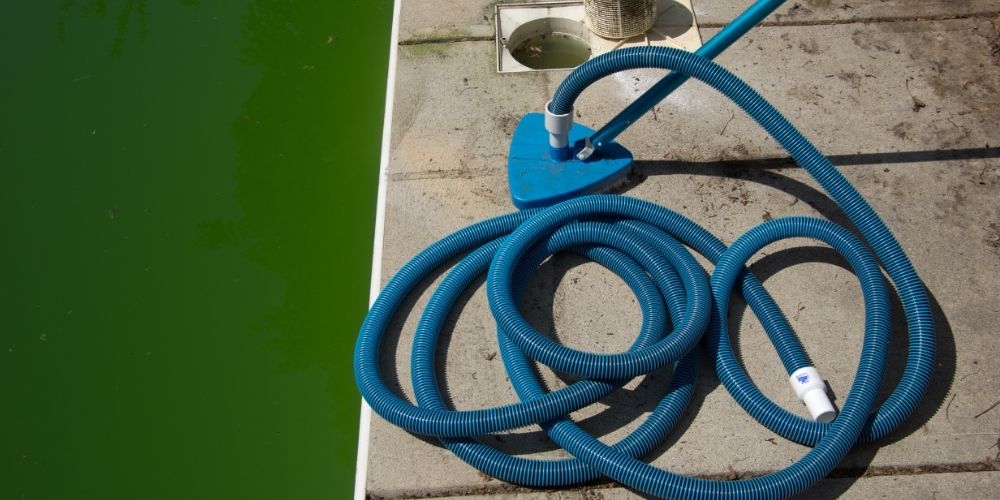
Maintaining a pool in excellent condition could be expensive if you don’t give it the proper care at the correct date and time.
Algae is a living plant organism that can appear in your pool overnight and result in clogged filters and poor water circulation. It can also make your pool chemical less effective.
Moreover, algae flourish in pools full of debris and dirty water. Heavy rain, high heat, or low chlorine levels can all make matters worse. That’s why we’ll show you which are the proper measures to take on treating musty green water in your pool due to mold.
These are the main steps to take on how to remove algae from pool walls:
- Use a pool water test kit to check its chemical levels.
- Shock your pool to kill algae spores in the water.
- Brush surfaces and the bottom of the pool.
- Finish off by vacuuming your pool.
Use a Pool Water Test Kit to Check Its Chemical Levels
Whether you’re dealing with black, green, or mustard algae, you must test and balance the water of your pool. After all, it’s an essential step for your routine pool maintenance. Moreover, knowing the current chemical levels helps pool owners what it lacks.
Shock Your Pool to Kill Algae Spores in the Water
Pool shock works wonders when removing algae from your pool. Also, you can follow this step on both chlorine and salt water pools.
Pool shock helps elevate the chlorine levels in the water, thus helping it kill any harmful pathogens. As a result, your pool ends up clean, clear, and above all, safe to use.
Brush Surfaces and the Bottom of the Pool
Next, you must vigorously brush the pool’s walls and floor. Be sure to do so in areas with visible algae growth.
Finish Off by Vacuuming Your Pool
Lastly, be sure to use a quality vacuum cleaner for your pool.
If you wish to top it off, then be sure to apply some algaecide to your pool and allow the water to circulate at least for a day.
Remember to check your pool’s water levels after following these instructions to ensure that everything is in order.
How to Prevent Algae on Pool Walls
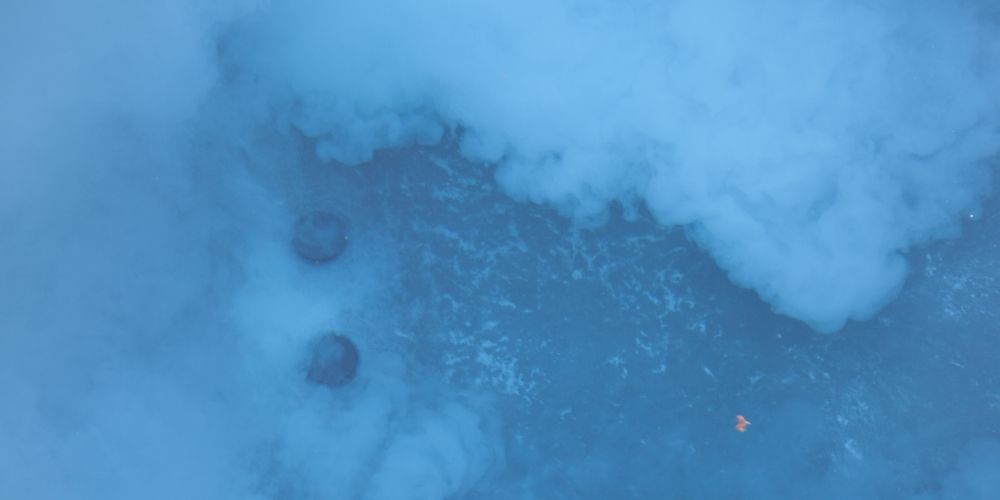
Locating the source of pool staining is vital to prevent them in the long term. Sometimes, when you have a green backyard, it is hard to avoid staining, but there are options.
That’s why you must follow these measures on preventing this sort of issue from ever arising again:
- Consider a black pool liner, which will hide the stains between cleanings.
- Lay on a pool sealant to protect the surface from yellowing or staining. It will help you keep winning the battle against pool yuck.
- Shock the pool and keep the chemicals at the proper levels will avoid most stains. It will prevent algae from forming and give you a barrier of protection.
- Consider creating organic pools. These filter through natural osmosis rather than chemicals. By using naturally filtering aquatic plants, you can keep it nice and avoid any chemicals leaching into your skin.
Knowing the essential steps on how to remove algae from pool water helps you take proper care of it. Always keep in mind to contact JB Pool Plastering when having any questions or you need professional assistance for your pool!
